What daily nutrition maximizes male energy, focus, & recovery for peak performance?
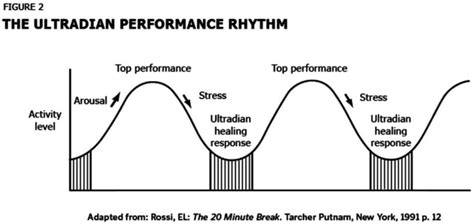
The Foundation of Male Peak Performance
For men striving for peak performance, whether in the gym, at work, or in daily life, nutrition is the often-underestimated cornerstone. A well-crafted diet goes beyond mere sustenance; it actively fuels energy production, sharpens cognitive function, and accelerates physical recovery. Understanding how specific nutrients impact these critical areas is key to unlocking your full potential.
Macro-Nutrients: Fueling Energy and Building Blocks
Macros are the core components of your diet, providing energy and structural materials for the body. Getting the right balance is crucial.
Protein: The Muscle and Hormone Powerhouse
Protein is vital for muscle repair and growth, hormone production, and overall satiety. Aim for lean sources like chicken, turkey, fish, lean beef, eggs, and plant-based options like legumes, tofu, and tempeh. Distribute protein intake throughout the day to support continuous muscle protein synthesis.
Carbohydrates: Your Primary Energy Source
Carbohydrates are essential for immediate and sustained energy, especially for physically active men. Focus on complex carbohydrates such as whole grains (oats, quinoa, brown rice), sweet potatoes, and fruits. These provide steady energy release, preventing energy crashes and supporting brain function. Timing your carbohydrate intake, especially around workouts, can significantly impact performance and recovery.
Healthy Fats: Essential for Hormones and Brain Health
Healthy fats are crucial for hormone production (including testosterone), nutrient absorption, and brain health. Incorporate sources like avocados, nuts, seeds, olive oil, and fatty fish (salmon, mackerel). These fats also contribute to satiety and provide a sustained energy source.
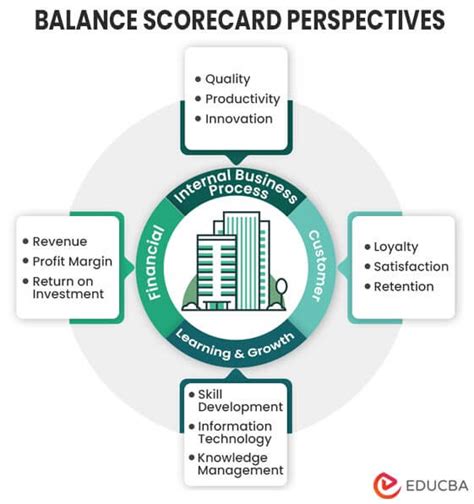
Micro-Nutrients: The Catalysts for Focus and Vitality
While macros provide bulk energy, micronutrients are the critical cofactors that enable countless bodily processes, including those for focus and recovery.
B Vitamins: Energy Metabolism and Cognitive Function
B vitamins (B6, B12, folate) are indispensable for energy production from food and play a significant role in neurotransmitter synthesis, which directly impacts mood, focus, and memory. Find them in whole grains, leafy greens, meat, eggs, and dairy.
Omega-3 Fatty Acids: Brain and Anti-Inflammatory Support
EPA and DHA, found in fatty fish and some algae, are potent anti-inflammatory agents and crucial for brain structure and function. Regular intake can improve cognitive focus and reduce inflammation linked to intense physical activity, aiding recovery.
Magnesium & Zinc: Muscle, Testosterone, and Immune Function
These two minerals are often depleted in active individuals. Magnesium supports muscle function, nerve transmission, and sleep quality, while zinc is vital for testosterone production, immune health, and cellular repair. Good sources include nuts, seeds, dark chocolate, leafy greens, and lean meats.
Antioxidants: Cellular Protection and Recovery
Vitamins C and E, selenium, and various phytonutrients from fruits and vegetables protect cells from oxidative stress generated during exercise and daily metabolic processes. This protection aids faster recovery and reduces muscle soreness.
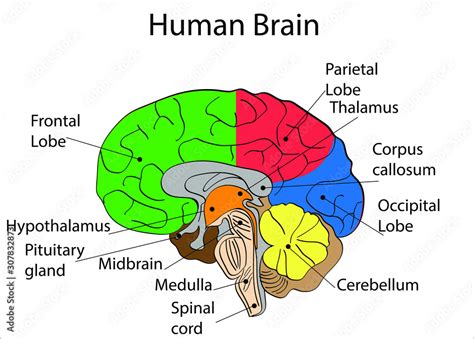
Hydration: The Unsung Hero of Performance
Often overlooked, adequate hydration is paramount for every bodily function, including energy regulation, cognitive sharpness, and nutrient transport. Even mild dehydration can significantly impair physical performance and mental acuity. Aim for consistent water intake throughout the day, and increase it during exercise or hot weather. Electrolytes, like sodium, potassium, and magnesium, are also crucial for maintaining fluid balance and preventing cramping, especially after heavy sweating.
Strategic Timing and Food Quality
Beyond what you eat, when and how you eat it matters.
Nutrient Timing
Consuming appropriate nutrients before and after workouts can optimize energy levels and significantly enhance recovery. A pre-workout snack with complex carbs and a little protein provides sustained energy, while a post-workout meal with protein and simple carbs replenishes glycogen stores and initiates muscle repair.
Prioritizing Whole, Unprocessed Foods
The quality of your food choices has a profound impact. Prioritize whole, unprocessed foods over highly refined and sugary options. Whole foods are richer in micronutrients, fiber, and beneficial phytonutrients, supporting overall health and sustained performance.
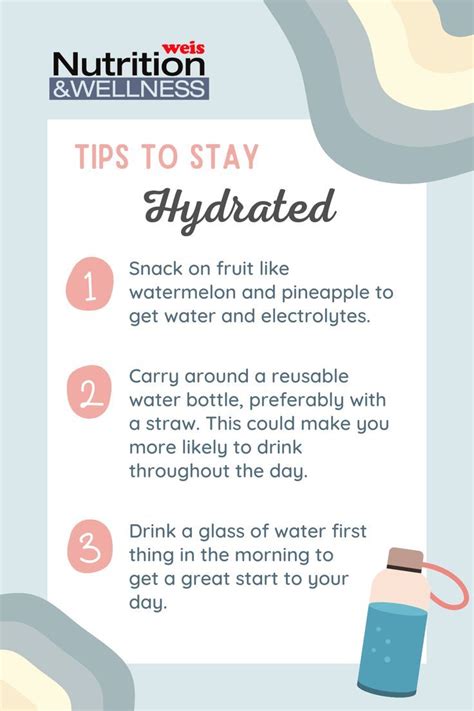
Beyond the Plate: Lifestyle Factors and Supplements
While nutrition is central, it operates in concert with other lifestyle factors. Adequate sleep, stress management, and regular physical activity synergistically enhance the benefits of a peak performance diet. Supplements should be considered as an addition to, not a replacement for, a solid nutritional foundation. Consult a healthcare professional or registered dietitian before incorporating supplements into your routine.
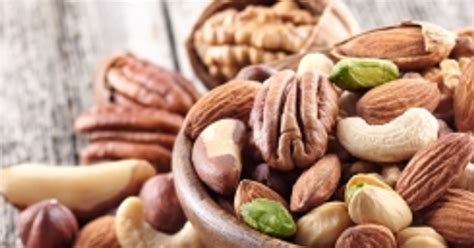
Crafting Your Personalized Peak Performance Diet
Maximizing male energy, focus, and recovery through daily nutrition is a dynamic process. It requires consistent attention to a balanced intake of macro and micronutrients, optimal hydration, and smart food timing. Listen to your body, track your progress, and adjust your diet as needed. By consciously fueling your body with the right nutrients, you lay the groundwork for sustained energy, unwavering focus, and efficient recovery, ultimately unlocking your best self.









